Starmer Proposes Sending U.K. Peacekeeping Troops to Ukraine
For the first time on Sunday, Prime Minister Keir Starmer expressed his readiness to deploy British troops to ensure Ukraine’s security.On Sunday, Prime Minister Keir Starmer offered British military support to help secure Ukraine as part of a potential peace agreement. In a piece for The Daily Telegraph, Starmer said he was “ready and willing” to contribute British troops on the ground if needed.
This marked the first time Starmer directly indicated a willingness to send troops to Ukraine. The idea of deploying Western peacekeepers was initially dismissed when French President Emmanuel Macron suggested it last year, but the concept has gained traction, particularly ahead of President Trump’s upcoming inauguration.
Ukrainian President Volodymyr Zelensky welcomed Starmer’s announcement, calling it a “significant” step toward building European support for a peacekeeping mission, even though there are still skeptics in Europe about the plan.
Starmer had hinted at this possibility in January, but his article left no doubt about his commitment, stressing that any decision to send troops would be made carefully. He explained that ensuring a lasting peace that preserves Ukraine’s sovereignty is crucial to prevent further Russian aggression.
Starmer emphasized that peace must not be temporary, warning that the war’s end cannot merely serve as a pause before another Russian attack. His remarks came just ahead of crucial talks between Washington and Moscow on ending the war, as well as a European leaders' meeting to discuss their response.
In a significant shift, the Kremlin did not outright reject Starmer’s proposal. Kremlin spokesperson Dmitri Peskov described it as a complex issue, acknowledging that discussions on this matter have not yet taken place.
Meanwhile, the U.S. and Russian officials are scheduled to meet in Saudi Arabia on Tuesday. While these talks are seen as preliminary, their exclusion of European and Ukrainian leaders has raised concerns in Europe. Russian Foreign Minister Sergey Lavrov and presidential adviser Yuri Ushakov will attend, with the meeting primarily focusing on restoring U.S.-Russia relations and preparing for future discussions on Ukraine.
Starmer and other European leaders—such as those from France, Germany, Italy, Poland, Spain, the Netherlands, and Denmark—are meeting in Paris to align their strategy for European security. Starmer urged increased military spending and greater European involvement in NATO, asserting that Ukraine’s NATO membership is now “irreversible.” This contrasts with Trump’s stance, which opposes Ukraine’s NATO accession.
Although Ukraine has made NATO membership a priority to protect itself from Russian aggression, joining the alliance during the war remains unlikely due to the risk of direct conflict with Russia.
Starmer reiterated that cooperation between the U.S. and Europe is essential to securing a lasting peace deal. He emphasized that only the U.S. could effectively deter Putin from further aggression.
In Britain, the response to Starmer’s proposal was cautious. While there is strong support for Ukraine, past military operations in Afghanistan and Iraq have highlighted the risks of sending troops into active conflict. This underscores the importance of ensuring that any peacekeeping mission has clear objectives and a sustainable resolution to the war before deployment.
Former British intelligence chief John Sawers cautioned that the mission's goals and rules of engagement must be clearly defined, particularly in the event of Russian provocation. "Do we fight back or report it to another body?" he questioned, stressing the need for careful planning and clarity.

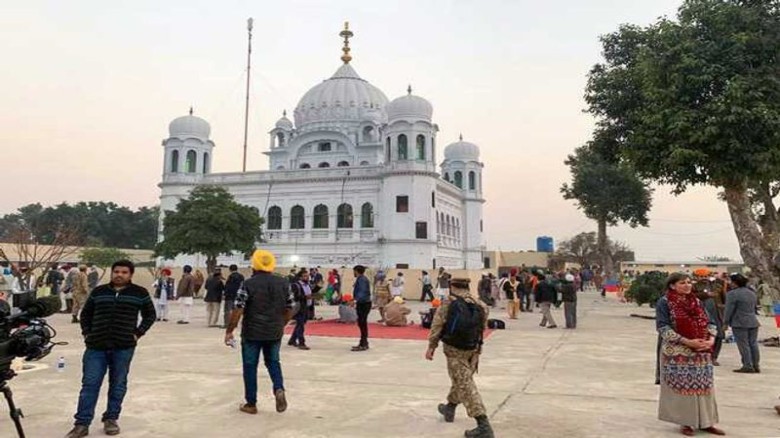
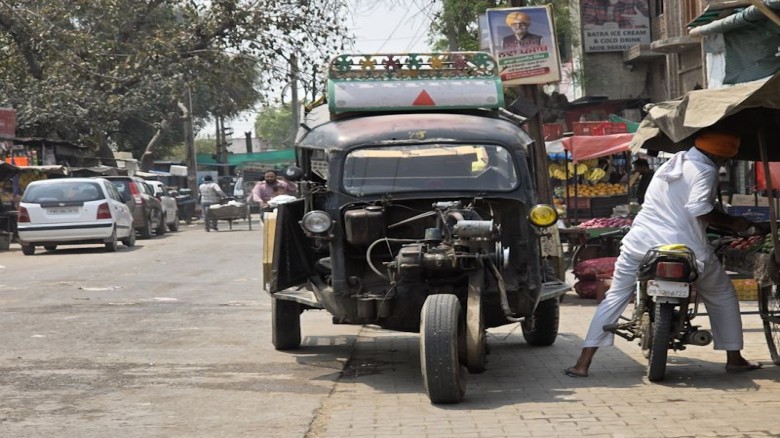
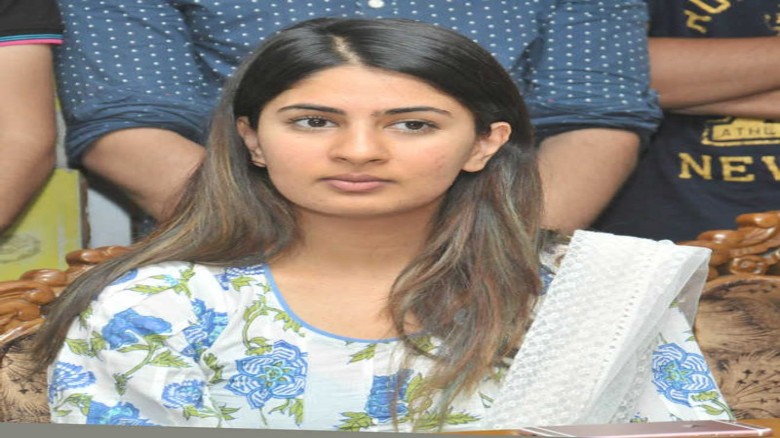
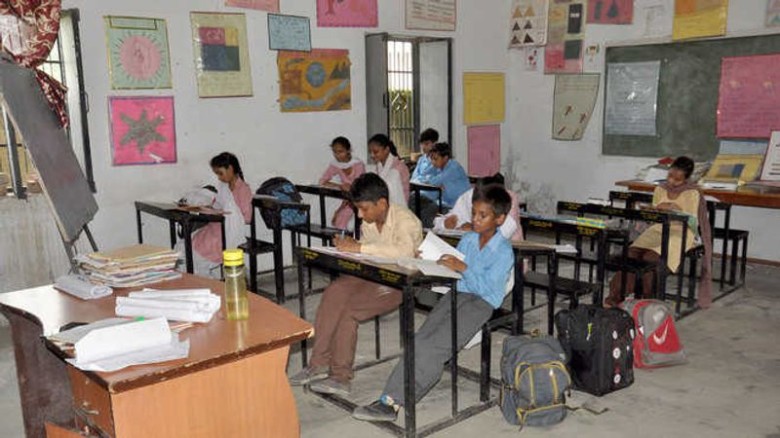



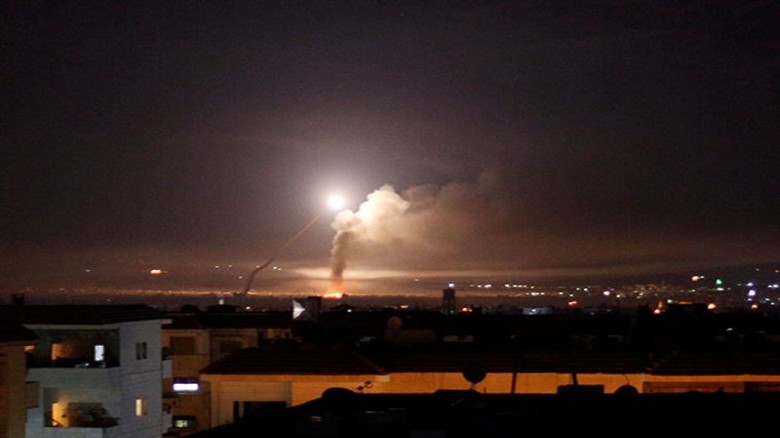


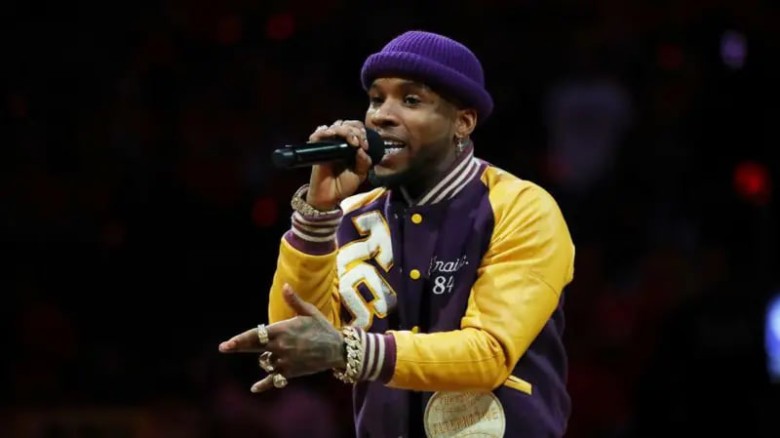



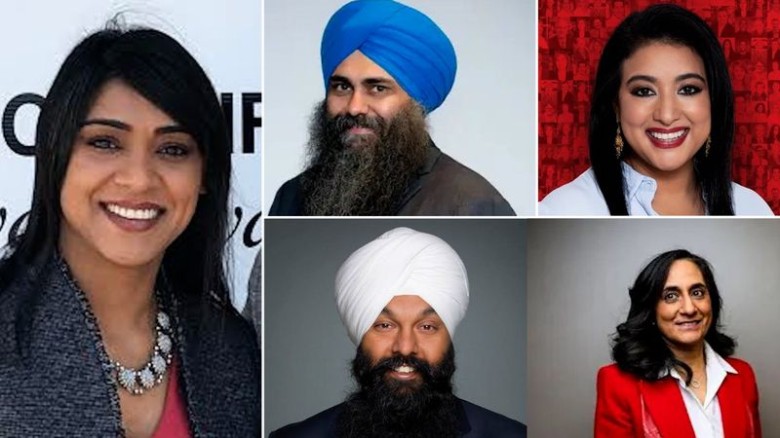


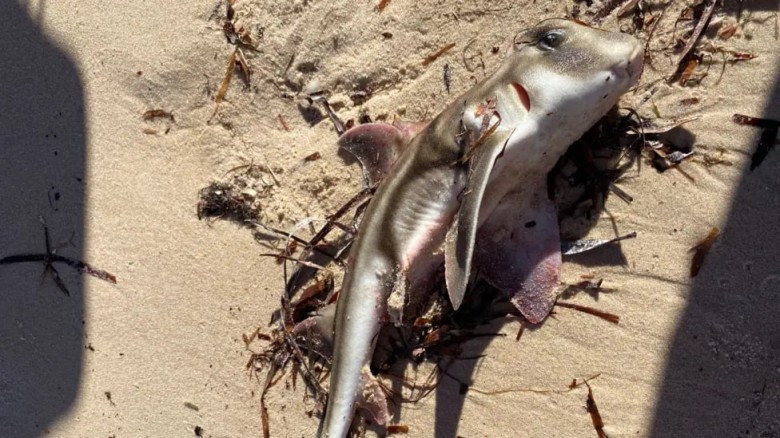

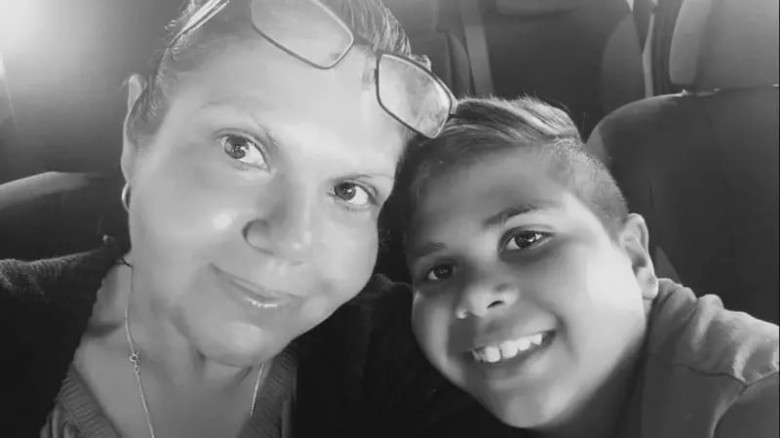
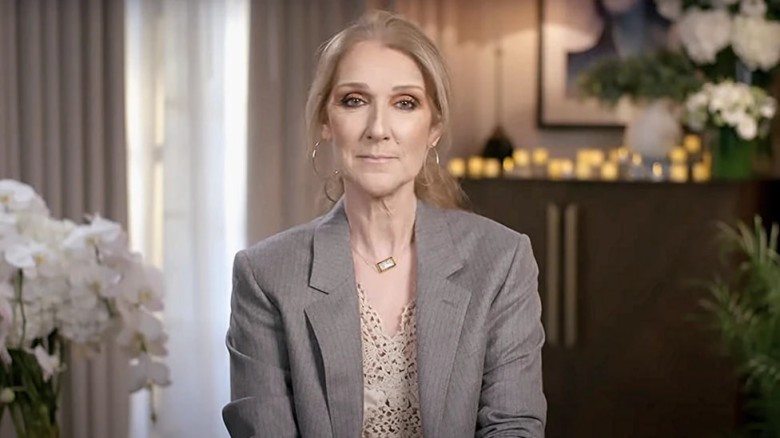



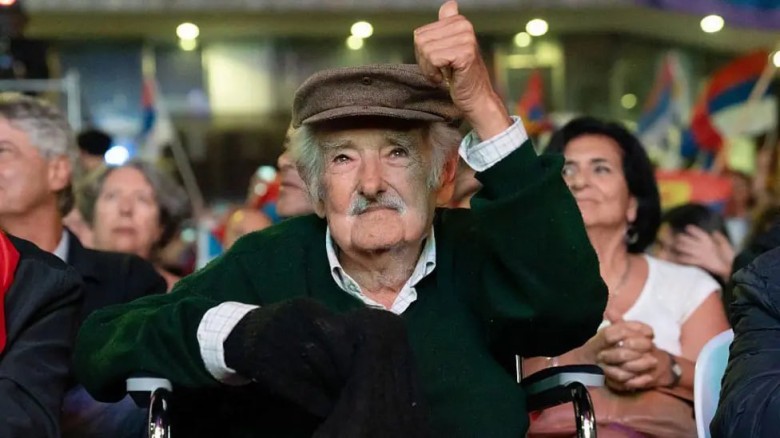
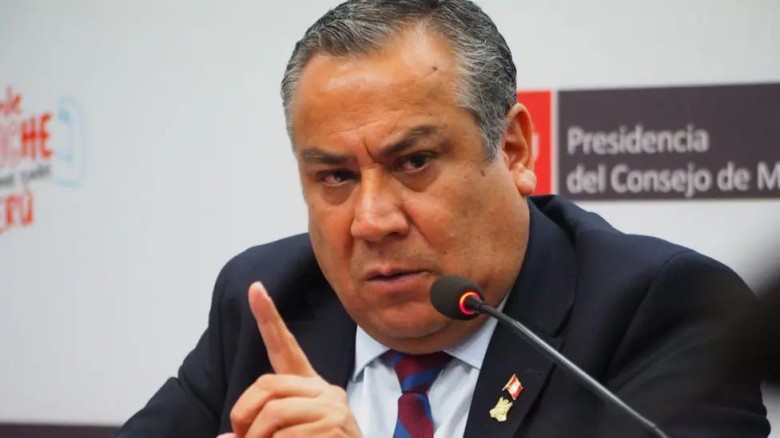

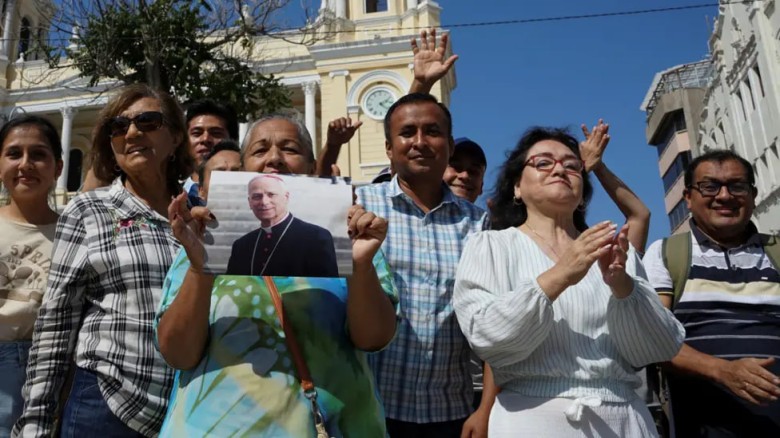










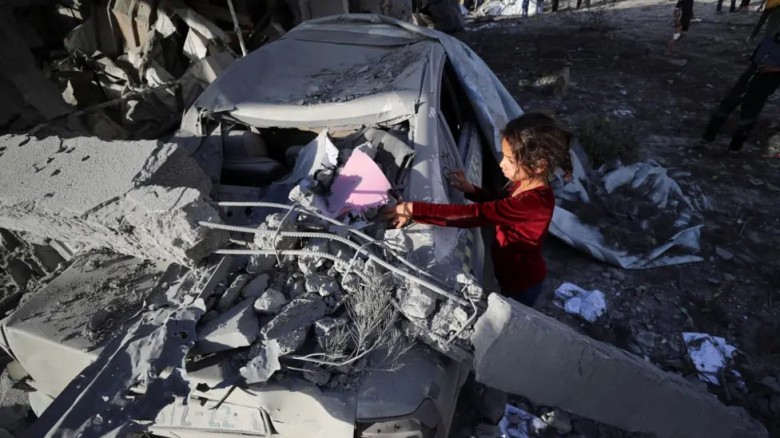
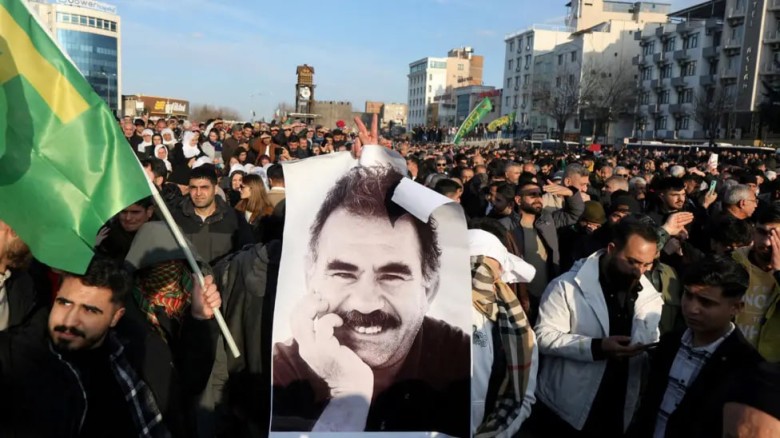
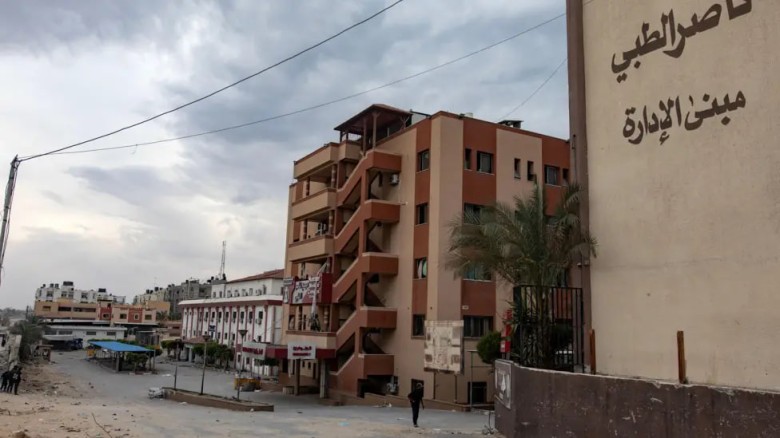







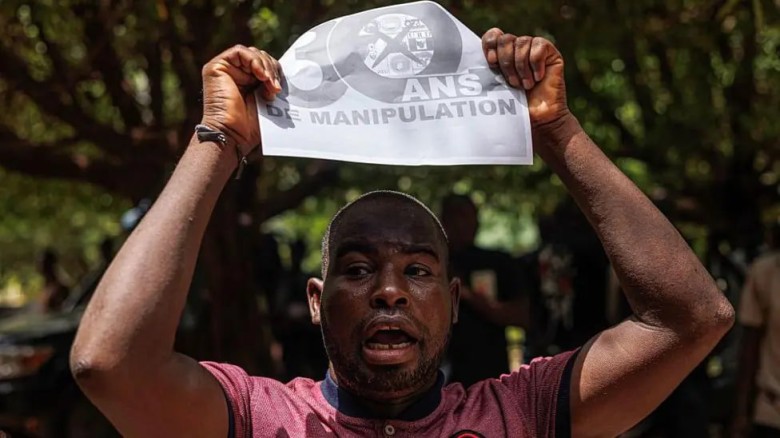
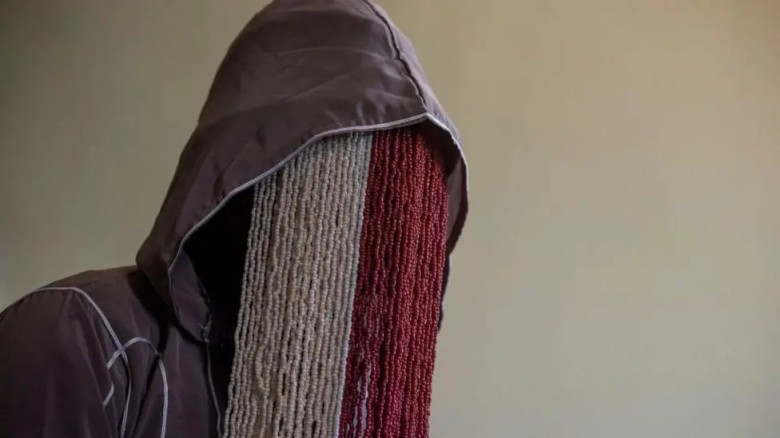

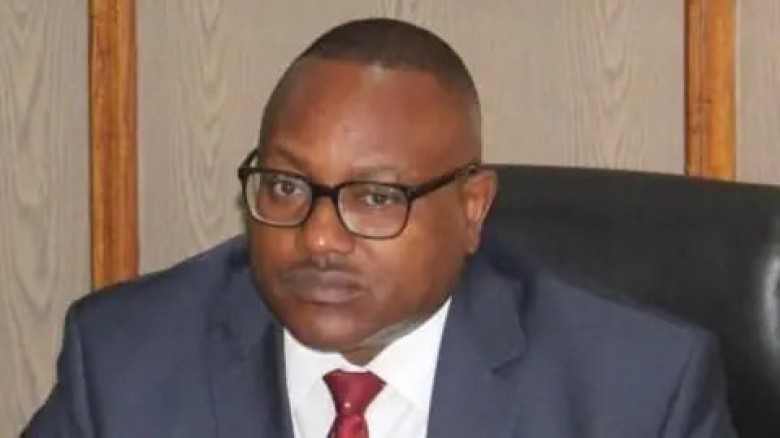

















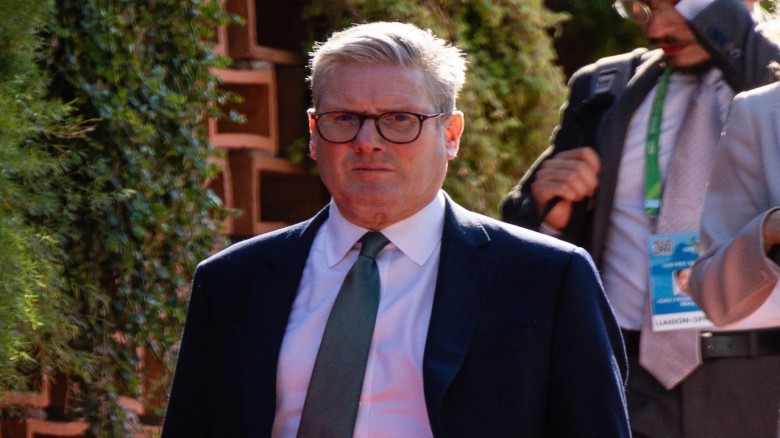


Leave A Comment